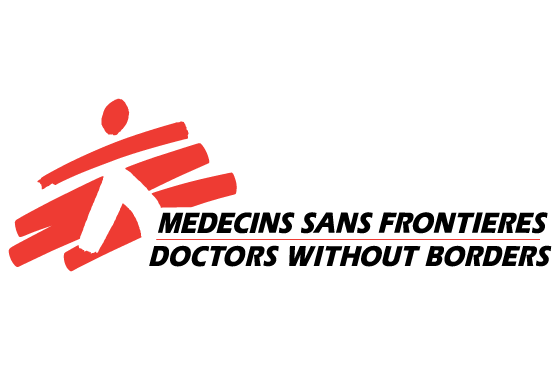BRUSSELS/NEW YORK, JANUARY 29, 2016 — Residents of the besieged Syrian town of Madaya continue to die of starvation despite the provision of aid by convoys, while a Syrian government-led coalition blocks life-saving medical supplies from reaching the town, the international medical humanitarian organization Doctors Without Borders/Médecins Sans Frontières (MSF) said today.
Sixteen people have died in Madaya since the first of three aid convoys arrived there earlier this month, according to local health workers supported by MSF. There are an estimated 320 cases of malnutrition in the town of 20,000 people, of which 33 are severe, meaning those people are in danger of dying if they do not receive prompt and effective treatment.
“It is totally unacceptable that people continue to die from starvation, and that critical medical cases remain in the town when they should have been evacuated weeks ago,” said Brice de le Vingne, MSF’s director of operations.
After the heavy shelling of Madaya last summer and the tightening of the siege during the winter, severe restrictions on humanitarian aid have made essential medical supplies unavailable, including sufficient therapeutic food to treat the most severe cases of malnutrition.
MSF estimates that between 1.5 and 2 million people are trapped by sieges imposed by the Syrian government-led coalition and by opposition groups. In many of these places, medical evacuations are prevented and medical material, drugs and therapeutic food are repeatedly blocked at checkpoints. As a result, medical teams in these areas simply cannot cope with the demands they face. The situation in Madaya is even worse as there are no doctors present.
“There needs to be a permanent and independent medical presence in Madaya immediately, as we expect the medical situation to worsen as access to health care for people inside remains extremely limited,” de le Vingne said.
MSF-supported medics are now reporting malnutrition in other towns in Syria, including in Moadamiyah, southwest of Damascus.
“The warring parties responsible for these siege strategies need to allow unhindered medical and humanitarian access immediately, in accordance with International Humanitarian Law,” de le Vingne said. “This includes lifting any restrictions on medical evacuations from these zones.”




